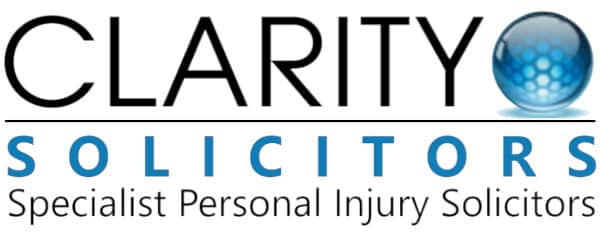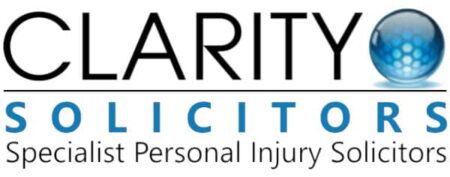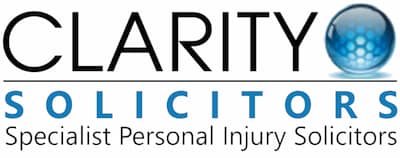Birth Injury Claim

Support with a Range of Injuries
Birth injuries, which occur during the labour and delivery process, can indeed lead to lifelong disabilities for the affected child. These injuries can have a significant impact on the child’s physical, cognitive, and emotional development, as well as on their family. Some common types of birth injuries include:
- Cerebral Palsy: This neurological disorder affects movement, muscle tone, and coordination. It can result from brain damage occurring before, during, or shortly after birth due to oxygen deprivation, trauma, or infections.
- Brachial Plexus Injuries: These injuries involve damage to the network of nerves that control movement and sensation in the arms and hands. They can occur during difficult deliveries, particularly when excessive force is applied to the baby’s head, leading to conditions such as Erb’s palsy or Klumpke’s palsy.
- Bone Fractures: Fractures of the collarbone or other bones may occur during delivery, especially in cases of difficult or prolonged labour.
Start Your Claim Today
If you are looking to make a claim, contact our expert team today for a strictly confidential, free consultation, to discuss whether you might have a case and how we can help.
Potential Life-Long Health Challenges
- Hypoxic-Ischemic Encephalopathy (HIE): This condition results from inadequate oxygen supply to the baby’s brain, leading to brain damage. It can occur during labour and delivery due to issues such as umbilical cord compression, placental abruption, or prolonged labour.
- Facial Nerve Injuries: Damage to the facial nerve during birth can result in facial paralysis or weakness.
- Perinatal Asphyxia: This occurs when the baby experiences a lack of oxygen before, during, or after birth, which can lead to various complications, including brain damage and developmental delays.
- Skull Fractures and Intracranial Haemorrhage: Trauma during delivery can sometimes cause skull fractures or bleeding within the baby’s skull, leading to serious neurological complications.
- Meconium Aspiration Syndrome: This occurs when the baby inhales meconium (the baby’s first stool) into the lungs before or during birth, which can lead to respiratory problems and, in severe cases, long-term lung damage.
- Injuries from Medical Instruments: The use of forceps or vacuum extractors during delivery can sometimes cause injuries such as lacerations or bruises on the baby’s scalp or face.


Ongoing Support Implications
These injuries can have lifelong implications for the child, requiring ongoing medical care, therapy, and support. They may also result in emotional and financial burdens for the family.
Preventing birth injuries often involves proper prenatal care, careful monitoring during labour and delivery, timely interventions when complications arise, and appropriate training for healthcare providers attending births.
Call us Today:
0161 480 4488
Or Request a Callback >


